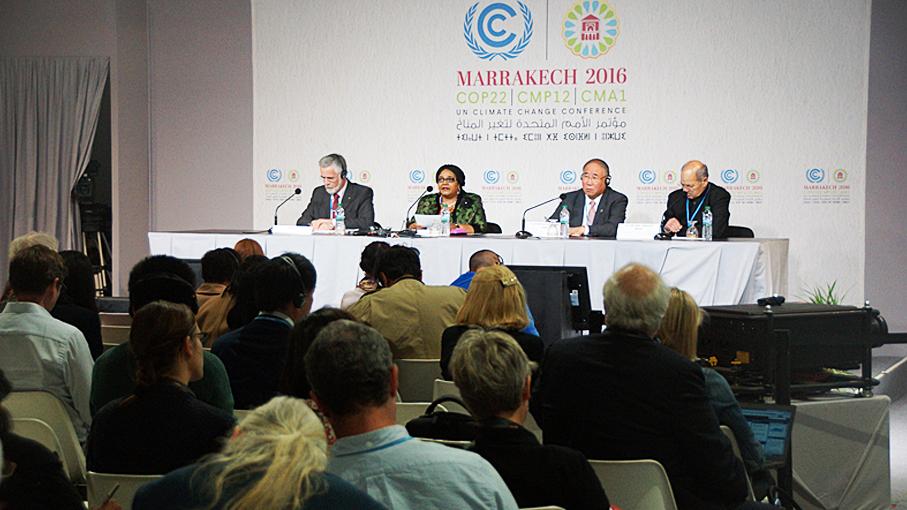If Donald Trump were to go ahead with the US withdrawal from the Paris Agreement as threatened, the departure would likely frustrate clean energy endeavors globally and even frustrate China's efforts to push forward the movement, experts told
China Dialogue, an environmental NGO and industry news provider.
The US’s change of attitude is likely to hamper any expansion of the carbon pricing mechanism, said Liu Qiang, scholar of quantitative economics at the Chinese Academy of Social Sciences.
The reduced cost of wind and solar energies, brought about by technological advancement, has to some extent enabled these energies to compete with fossil fuels, Liu said. The carbon pricing mechanism finalized by the Paris Agreement is expected to give clean energies a competitive advantage. But the withdrawal of the US is likely to throw the pricing scheme into uncertainty and even weaken China’s motivation to push forward the operation of a carbon trading market, Liu said.
Meanwhile, the US will cause a knock-on effect on other members of the Umbrella Group (an unofficial term for developed countries that follow the US’s stance on climate change), said Chai Qimin, a senior official at the National Center for Climate Change Strategy and International Cooperation.
The negative influence of US withdrawal has also spread to industrial circles, Chai said, with investments in clean energy already starting to drop globally and the valuation of many Chinese clean energy startups also decreasing. Skeptical voices from within the government and industry insiders in China have already been growing against a progressive green plan, according to Liu, which are expected to make implementing the plan more difficult.
Wang Ke, researcher of national development strategies at Renmin University of China, believed that in order to keep his promises to renovate infrastructure and expand employment, Trump would still need to strengthen cooperation with China in clean energy.
China’s transformation to a low-carbon economy will generate a huge need for US clean energy systems, technologies, standards and management experience, Wang said. By integrating its technological advantage and innovative prowess with China’s leading capacity in manufacturing, Wang said, the US would be able to deepen the clean energy global supply chain and expand global market.
This would help the US create more jobs and reinvigorate domestic infrastructure facilities, he said.

 Old Version
Old Version